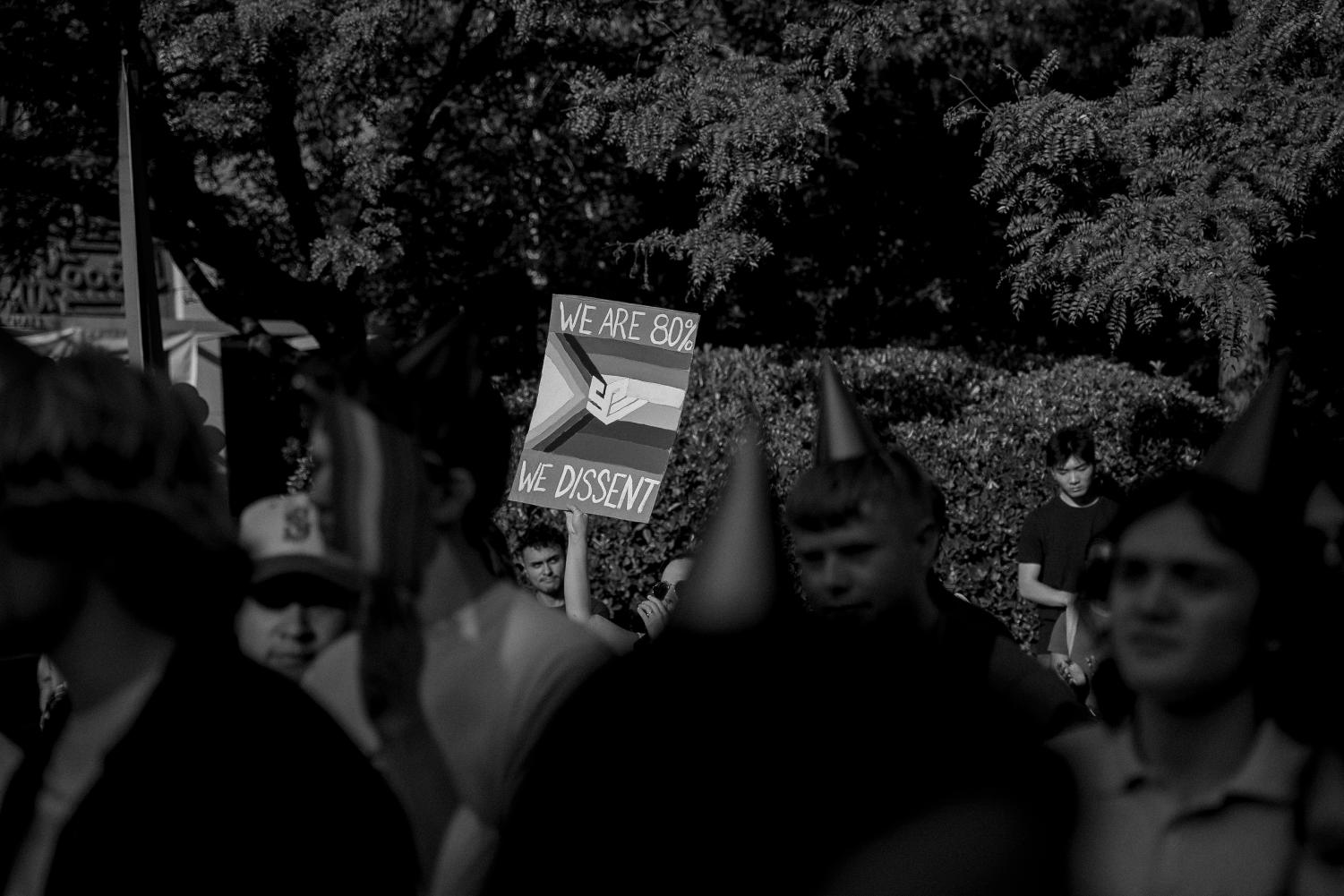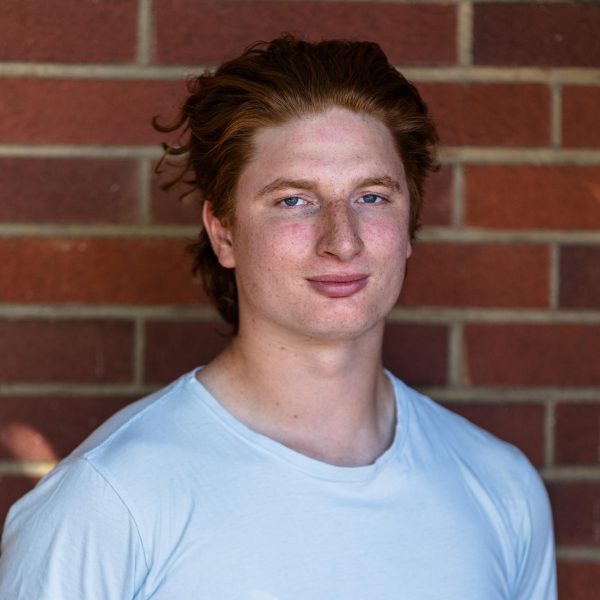If not here, where?
Professor’s belief that SPU could be an ideal safe space for queer people in Christian institutions
February 23, 2023

When I was 16, a classmate from my debate team started a petition to create the first LGBTQIA+ club at our high school. I remember the day the petition circulated in my class and my decision not to sign. I could not even look my classmate in the eyes and yet it felt like refusing to sign was my only option if I wanted to “stay true to my faith” (note my hypocrisy, as this certainly was not enough motivation to stop me from doing plenty of other things that were inconsistent with the set of religious rules that I endorsed at the time).
For years, I believed that I must uphold certain views about sexuality or abandon my faith. Not only did this manifest in immense shame as it pertained to my own sexuality, but also hubris and hypocrisy as it pertained to the sexuality of others. Looking back, I hate that I sat with this false binary for so long. I take full ownership of the harm I caused espousing these beliefs.
I also lament that the churches I belonged to, the spiritual mentors that I had and the Christian college that I attended did nothing to expose me to other theological perspectives on sexuality let alone stretch my theological imagination in the context of Jesus’ boundless love. I wish my education had looked a lot different.
To borrow an image from our own Dr. Jennifer McKinney’s book “Making Christianity Manly Again,” I wish I would have been introduced to “the brown, hippie Jesus in a dress” that I know so many students encounter in our classes.
Out of curiosity, I Googled the best Christian universities for LGBTQIA+ folks. Only three of the 10 had any mention of God when exploring their websites. For many of these, Christian identity was clearly not central. The reality is, most of these universities are only Christian in heritage. Their faculty do not actively proclaim a faith in Jesus, and faith is not intentionally integrated into the curriculum.
At SPU, the opposite is true. We are encouraged to bring our faiths into our classrooms and conversations in ways that are authentic to us. Because we represent a spectrum of Christian beliefs, the faith proclaimed in our classrooms is not synonymous with anti-LGBTQIA+ theologies. To the contrary, 75% of our faculty do not support the exclusionary hiring policy. This level of consensus represents a shared value of ecumenicism and a collective rejection of discrimination.
It is easy to see that if the policy were really about “non-negotiable theological truths,” straight individuals would not be “permitted” to have an affirming stance. I am no lawyer, but it seems like holding straight and gay Christians to different theological standards is the crux of the discrimination argument and a critical flaw in the board’s claims of religious exemption.
It is also a “loophole” that has made it possible for SPU to become one of the only universities where faculty proclaim an active faith in Jesus, integrate faith in the classroom and overwhelmingly do not see being queer as a barrier to being a faithful Christian.
As I view our increasingly rainbow-colored campus, attend lectures from queer pastors or realize that SPU’s “gradvocacy” is going viral on TikTok, I believe that SPU has the fertile ground to become the best university for folks who are not just queer and not just Christian but both. To be sure, this has not always been the case. There is a lot of work to do, not just on the LGBTQIA+ liberation front.
I cannot argue with the harms of institutional discrimination. Until queer faculty and staff can live openly and authentically without fear of retribution or discrimination, we are missing out on an opportunity to experience the fullness of God. We are robbing all students of the gifts queer Christians bring to our community.
There is also psychological harm associated with being in a space where your identity is up for debate. I do not want to diminish these or other harms. At the same time, I desperately want queer folks and allies to have a space in Christian higher education where they can bring their whole selves, a place where their identities can be celebrated and their faiths cultivated.
If the potential for that space is not here, I honestly do not know where it is. While the institutional policy is unlikely to change soon, that the majority of faculty, students and staff want to see the policy removed is not about to change either. For now, what I can say with confidence is that every student who sets foot on our campus and sits in our classes will see and hear messages of welcome and affirmation that proclaim the inclusive love of Jesus. Students will also be invited to engage in the difficult and humbling – and painfully slow – process of allyship and systemic change.
Students who come to SPU looking for a silent or non-affirming perspective on sexuality may, at least initially, be disappointed or disorientated. I am proud of that. If this were not the case, many of these students might look back and lament, like I do, wondering, “Why did no one tell me there was another way?”




























































































Al Zimmerman • Mar 4, 2023 at 11:24 am
AS an alum of SPU I expect the faculty of an evangelical university to have a committed and active faith in Jesus, have a Biblically focused world view, and a commitment to Biblical orthodoxy. I would expect as part of that Biblical focus there is an understanding and commitment to a Biblical theology of the body that sees men and women wonderfully created in the image of God, modeling the relationships God has intended, fleeing immorality and impurity. The role of the university is to cultivate and stimulate this perspective in its students so they can positively impact the broader world for His glory. Absence this understanding, the institution will cease to be a faithful institution of Christian higher learning.